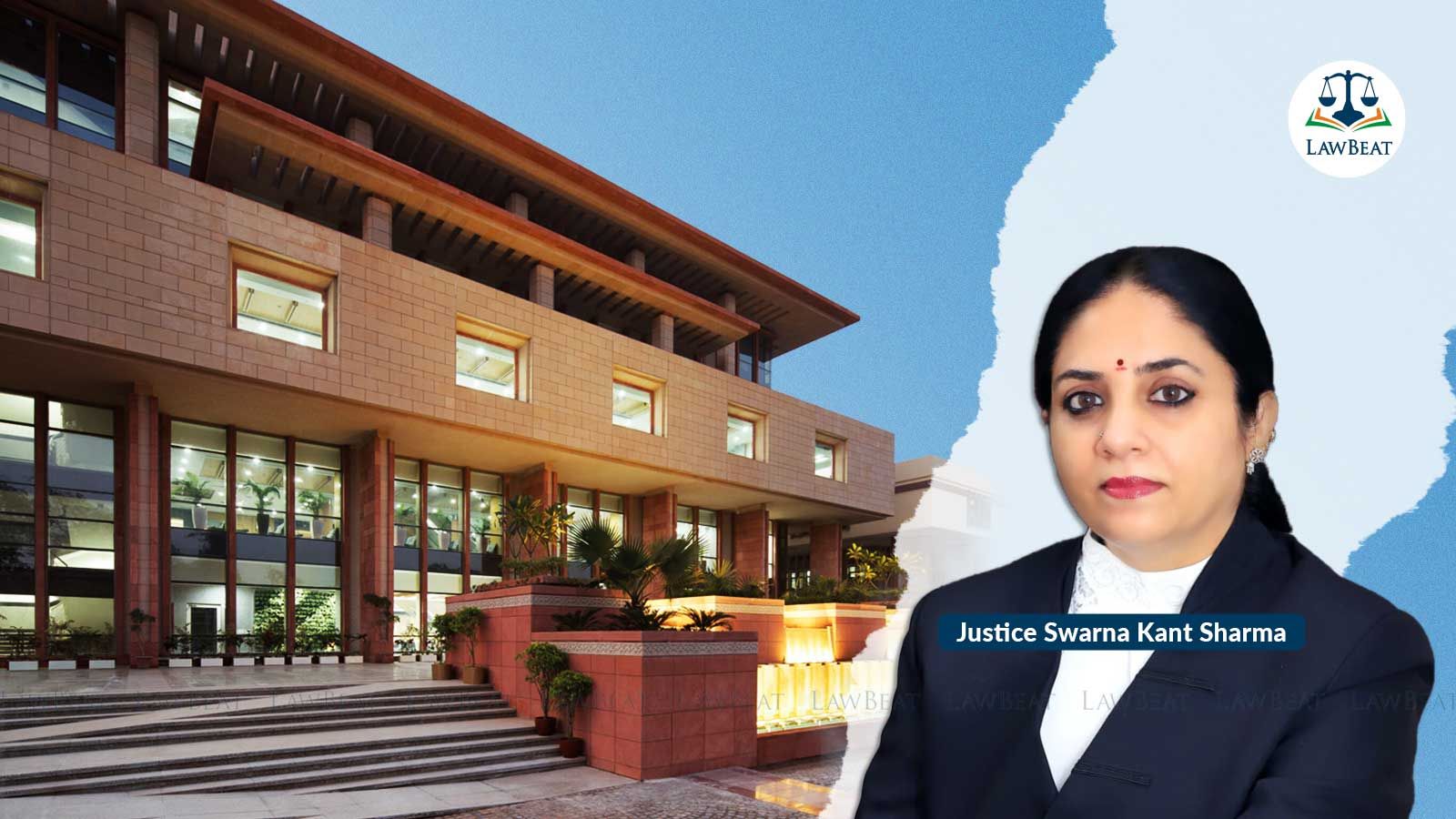Absence of Adultery Law Doesn't Grant Blanket Immunity: Delhi High Court Upholds Summoning in Bigamy Case

The court highlighted that individuals cannot clandestinely marry during the existence of their first marriage
The Delhi High Court has emphasized that the absence of a law criminalizing adultery does not provide individuals with blanket immunity to marry other persons during the subsistence of their first marriage.
The bench of Justice Swarana Kanta Sharma stated that the mere lack of a specific law prohibiting adultery should not be exploited as a loophole to evade legal consequences, particularly in cases of bigamy.
"The absence of law making adultery an offence cannot provide individuals with a blanket immunity, in a sense that they can marry other persons in secrecy during subsistence of their first marriage, and then argue that the first partner must prove that such second marriage was solemnized after performing essential rites and ceremonies, even for summoning such an accused for the offence of bigamy, and since adultery no longer remains an offence, such a partner would remain immune from any legal consequences", the bench of Justice Sharma observed.
Justice Sharma added, "The Courts cannot afford to leave individuals without a legal remedy, especially those wives or husbands whose partners have entered into another marriage".
Justice Sharma stated, "While legal proceedings do involve strategic elements, such smart maneuvers should not be allowed to compromise the principles of fairness and justice." The court acknowledged the challenges in proving a second marriage, often conducted in secrecy.
The court clarified that it goes against the general spirit of Indian law to require a wife to prove beyond reasonable doubt, at the summoning stage itself, that all ceremonies required for the solemnization of her husband's second marriage were performed.
It emphasized the impracticality of expecting a husband to inform his first wife or have her present during the second marriage to collect evidence.
The court made these observations while addressing a plea filed by a woman against a Sessions Court judgment that set aside a magistrate's court summoning her husband, his alleged second wife, and his parents in a case filed under Section 494 of the Indian Penal Code (IPC), which criminalizes bigamy.
In the present case, the petitioner and her husband married in 2011. However, the husband allegedly married another woman in 2015, resulting in the birth of a child in 2016. The petitioner presented income affidavits, a wedding photograph, and the child's birth certificate as evidence.
After considering the case, the high court overturned the Sessions Court order, affirming the magistrate's decision to summon the accused in the bigamy case.
Case Title: Pooja Sharma Bajaj v. Kunal Bajaj & Ors.
